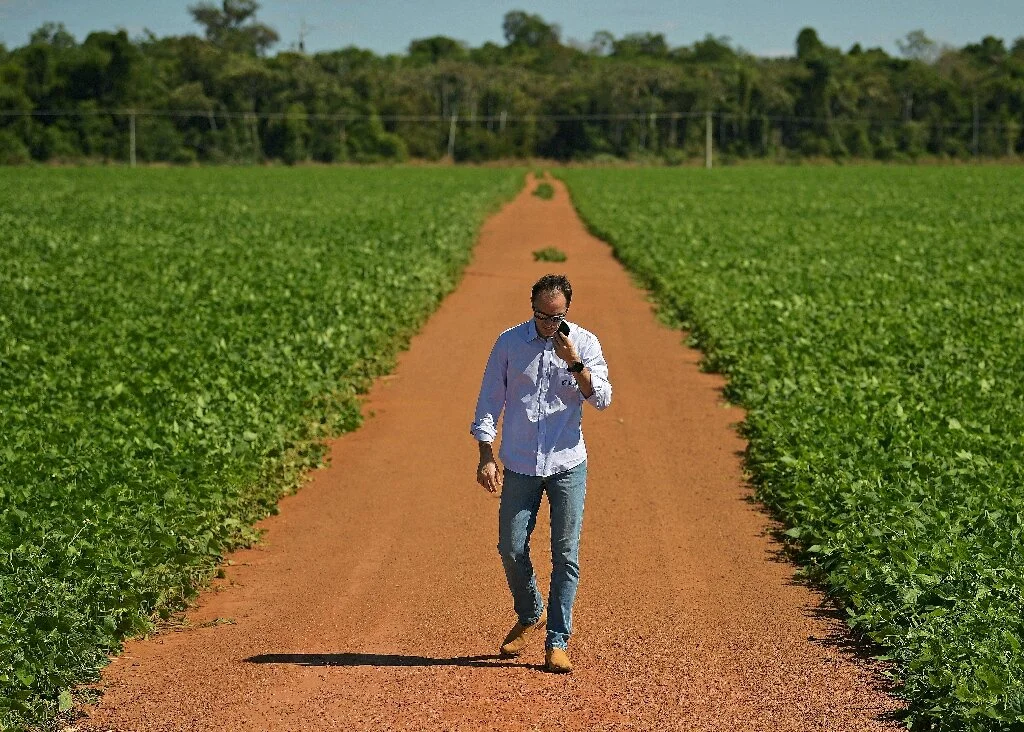Brazil’s agricultural exports reached $158.9 billion in 2022, showing a 32% growth from last year.
However, a recent Agro Insper Global study reveals a $720 billion global market still largely untapped by Brazil. Currently, Brazil’s share in this market is less than 1%.
The main focus of Brazilian exports has been on soybean, corn, and meat. Still, Agro Insper Global suggests there’s room to grow in fruits, vegetables, and dairy.
Transitioning into these areas could tap into the $720 billion market, enriching Brazil’s export portfolio.
Over the past two decades, the buyer landscape has changed. Originally, the European Union and the U.S. were the main importers.
China and Hong Kong now take the lead, buying 33% of Brazil’s agricultural exports. The Middle East and Africa follow with 19%, and the European Union is at 17%.

Marcos Jank, the Agro Insper Global coordinator, advises diversification. According to Jank, focusing solely on a few commodities could be risky.
Therefore, Brazil should explore other sectors like prepared foods and snacks.
To sum up, Brazil has the potential to grow in a $720 billion global agricultural market.
The country could seize a larger share of this lucrative market by diversifying products and expanding its customer base.
Background $700 Billion Global Agro-Market
The untapped market isn’t just a monetary figure; it represents an economic frontier for Brazil.
The country must strategize its approach to tap into this potential.
First steps could include modernizing farming techniques and increasing investment in underrepresented sectors.
The goal is not just revenue, but sustainable and inclusive growth that benefits the entire nation.
Exploring new market segments could also reduce economic vulnerability. Relying heavily on a few products makes the country susceptible to global price fluctuations.
Therefore, diversification acts as a form of economic security, providing a buffer against unforeseen market changes.
In conclusion, for Brazil to take full advantage of this $720 billion opportunity, it will need a multi-faceted approach that goes beyond merely expanding its current offerings.

